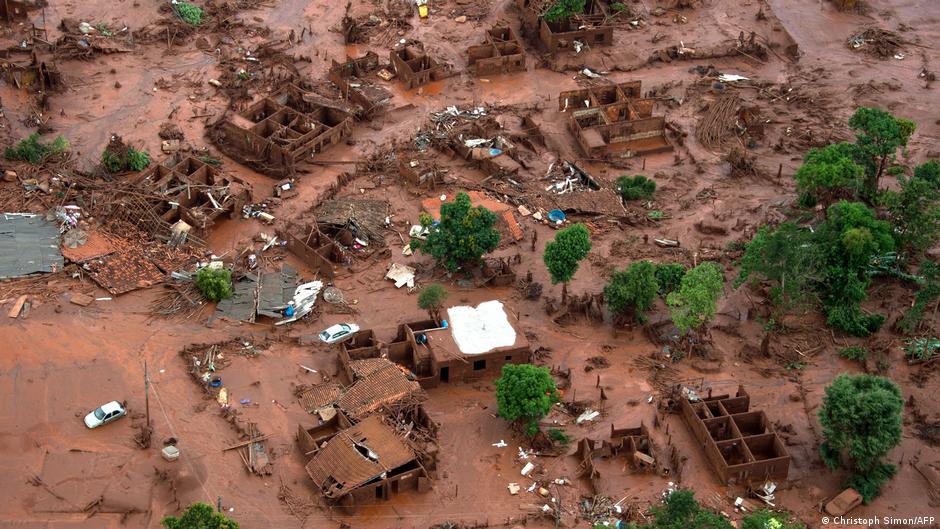Britain’s High Court has ruled that mining giant BHP is legally responsible for the 2015 collapse of the Fundão dam in Brazil’s Mariana Islands.
The London decision could result in much higher payouts to victims who argued that domestic compensation was too slow, inadequate or inconsistent.
What was the court’s decision on BHP?
Judge Finola O’Farrell found that BHP was “strictly liable for environmental damage and damages caused to third parties” under Brazilian law.
He wrote that BHP, which is headquartered in Australia, bore responsibility, even though it did not directly operate the dam at the time.
BHP’s Brazilian subsidiary co-owned the dam with Brazilian mining giant Vale, but it was operated by a separately formed company, Samarco.
Judge Finola O’Farrell ruled that the company acted negligently by ignoring engineering warnings, failing to carry out recommended safety work and allowing the dam to be raised while its effluent became dangerously water-saturated.
The judgment found that the risk of dam collapse was “foreseeable”.
“BHP’s control over Samarco, their assumption of responsibility for the risk assessment, management and control of the tailings dam, and their full involvement in the tailings dam operations gave rise to a legal duty to avoid harm caused by any act or omission that was negligent, imprudent or lacking skill.” What did the parties say about the Mariana Dam case?
Law firm Pogust Goodhead, which represents more than 620,000 Brazilian claimants, called the verdict a “landmark precedent for international corporate accountability.” The claimants are seeking damages of up to 36 billion UK pounds (€40.7 billion, $47.3 billion) from Samarco co-owners BHP and Vale.
BHP confirmed the decision in a statement, but said it intended to appeal, arguing that the UK lawsuit duplicates the compensation mechanism already in place in Brazil.
What damage was caused by the Brazil dam breach?
The collapse on November 5, 2015 released approximately 40 million cubic meters of mining waste – enough to fill 13,000 Olympic swimming pools. It swept away entire communities, destroyed the village of Bento Rodrigues, destroyed freshwater ecosystems and dammed 600 kilometers of the Doce River.
The Kranc indigenous people consider the river a sacred entity, and scientists say it has yet to be restored.
Why did the British court hear the case?
The claimants turned to the UK courts after arguing that the compensation program in Brazil was inadequate.
Last year, the Brazilian government announced a separate settlement of 170 billion reais (€27.61 billion, $32.08 billion), with about 250,000 people already receiving payments. Under another agreement in 2024, Samarco, jointly owned by Vale and BHP, will have to pay 132 billion riyals over 20 years for environmental, human and infrastructure damages.
Edited by Shawn Sinico






Leave a Reply